The Beauty and the Beast Effect in YA Literature part II, a discussion of rape/abduction fantasies by author Christa Desir
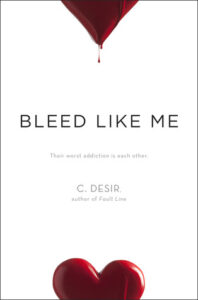
On Tuesday, Karen at Teen Library Toolbox discussed the Beauty and the Beast effect in YA literature. Bottom line: these are stories in which the female lead is in some way held hostage or kidnapped by a guy she ultimately falls in love with. In the stories referenced, each of the guys are doing this for seemingly worthy reasons, but in the end, the abduction/hostage scenario is still the same.
My very first year of college, I took Fundamentals of Literary Analysis and had to read/write a paper on Margaret Atwood’s “Rape Fantasies.” This is the paper that I still laugh about because it’s the “See Me” paper. The one in which I had to go to my prof’s office because he was absolutely at a loss as to how to grade me. I believe his exact words were, “Christa, I have never read such a beautifully written paper that gets the point of a story so fundamentally wrong.”
ADVERTISEMENT
ADVERTISEMENT
I did not understand that “Rape Fantasies” was about safety. That it was about a woman talking to a man in a bar, trying to personalize herself so that he wouldn’t rape her. That it was about a woman creating a sort of wish fulfillment scenario wherein every time she was about to be hurt, something happened. The rapist was foiled.
I think the reason I didn’t understand this as a piece of feminist literature is because I grew up on General Hospital (yes, I did watch this with my babysitter as a 5yo) and in my mind, Luke and Laura were THE COUPLE. Forget that he raped her, because I sure did. He was dreamy and they were perfect for each other.
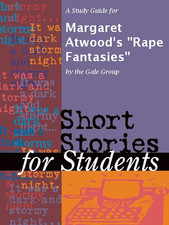 The other reason that I didn’t understand “Rape Fantasies” was because at the time of reading it, I had not yet grappled with my own abduction and rape. Yes, I remembered it happened when I was six. But I had zero context for it. I hadn’t been to therapy, I hadn’t worked through my own shame of getting in a stranger’s car at a mall, I hadn’t worked through my own guilt of never telling my parents about what happened afterwards. I don’t even think I would have considered myself abducted. I did, after all, get into this car of a stranger who promised to help me “find” my parents’ car. He didn’t snatch me. I got in. And yes, as soon as things started to happen, I desperately wanted to get out. But still, I didn’t think at the time, “I’ve been taken.”
The other reason that I didn’t understand “Rape Fantasies” was because at the time of reading it, I had not yet grappled with my own abduction and rape. Yes, I remembered it happened when I was six. But I had zero context for it. I hadn’t been to therapy, I hadn’t worked through my own shame of getting in a stranger’s car at a mall, I hadn’t worked through my own guilt of never telling my parents about what happened afterwards. I don’t even think I would have considered myself abducted. I did, after all, get into this car of a stranger who promised to help me “find” my parents’ car. He didn’t snatch me. I got in. And yes, as soon as things started to happen, I desperately wanted to get out. But still, I didn’t think at the time, “I’ve been taken.”
So now, this many years later, I do have a context for rape/abduction fantasies. And the context starts with what Margaret Atwood was trying to do in this little story that I read. Her protagonist was trying to reframe something terrible. She was trying to re-appropriate it so that she didn’t feel unsafe.
It’s a strange thing when I bump into consensual non-con (aka “rape fantasies”) in romance. It happens frequently enough that I think it’s worth mentioning. At first, I couldn’t understand why women, of all people, would ever write romance fantasies around rape/abduction. But the more I come across it, and the more I think about it in terms of Margaret Atwood’s story, the more I wonder if these writers too are trying to not be afraid. To take back a scenario that is horrible and make it their own with whatever tools they have. (I will reserve judgment on the despair I feel at the idea that the only tools we as women have are our abilities to talk someone into loving us…that is a blog post for another day).
ADVERTISEMENT
ADVERTISEMENT
So I guess this is the other side to the coin of TLT’s post. It’s the more uncertain side where I wonder if writing abduction scenarios that turn into love stories are not an example of the loss of female agency, but rather a feminist re-appropriation of what we’re most afraid of. A Margaret Atwood type of “well, you can abduct me, but it’s not going to work.” Belle, did after all, convince the Beast to let her go.
Do I want women to be under an illusion that if they can get a guy to love them, they will suddenly be treated better? Oh, hell no. But am I open for the possibility that we as women are allowed to fantasize about how we could protect/save our own selves (even if it does involve “getting someone to fall in love with us”)? Yeah, I honestly think there is room to explore this in literature. And hopefully it will be explored more, in ways that are less about love and more about using the tools of intellect, strength, compassion, courage.
In the end, I have no answer to why there are so many types of these books out. But the truth is, I have written short stories from the perspective of my abductor. I have tried to get inside his head. And I have wondered more than once if I could rewrite my own history, what would it look like? For me, it doesn’t involve falling in love with my abductor or him falling in love with me, but it does involve me becoming a person to my rapist, someone who is valuable enough to spare.
Christa Desir is an author, editor, and rape victim advocate. Her debut YA novel Fault Line is out now. Bleed Like Me was published by Simon & Schuster in October 2014. Christa is a co-moderator of The #SVYALit Project.
This post originally appeared on The #SVYALit Project Tumblr
Filed under: Uncategorized
About Karen Jensen, MLS
Karen Jensen has been a Teen Services Librarian for almost 30 years. She created TLT in 2011 and is the co-editor of The Whole Library Handbook: Teen Services with Heather Booth (ALA Editions, 2014).
ADVERTISEMENT
ADVERTISEMENT
SLJ Blog Network
Happy Poem in Your Pocket Day!
This Q&A is Going Exactly As Planned: A Talk with Tao Nyeu About Her Latest Book
More Geronimo Stilton Graphic Novels Coming from Papercutz | News
Parsing Religion in Public Schools
ADVERTISEMENT




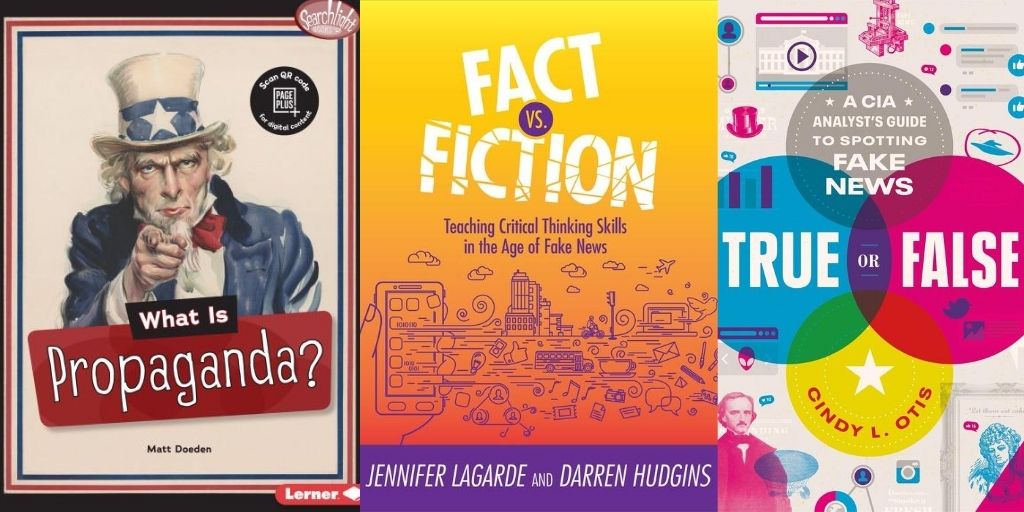
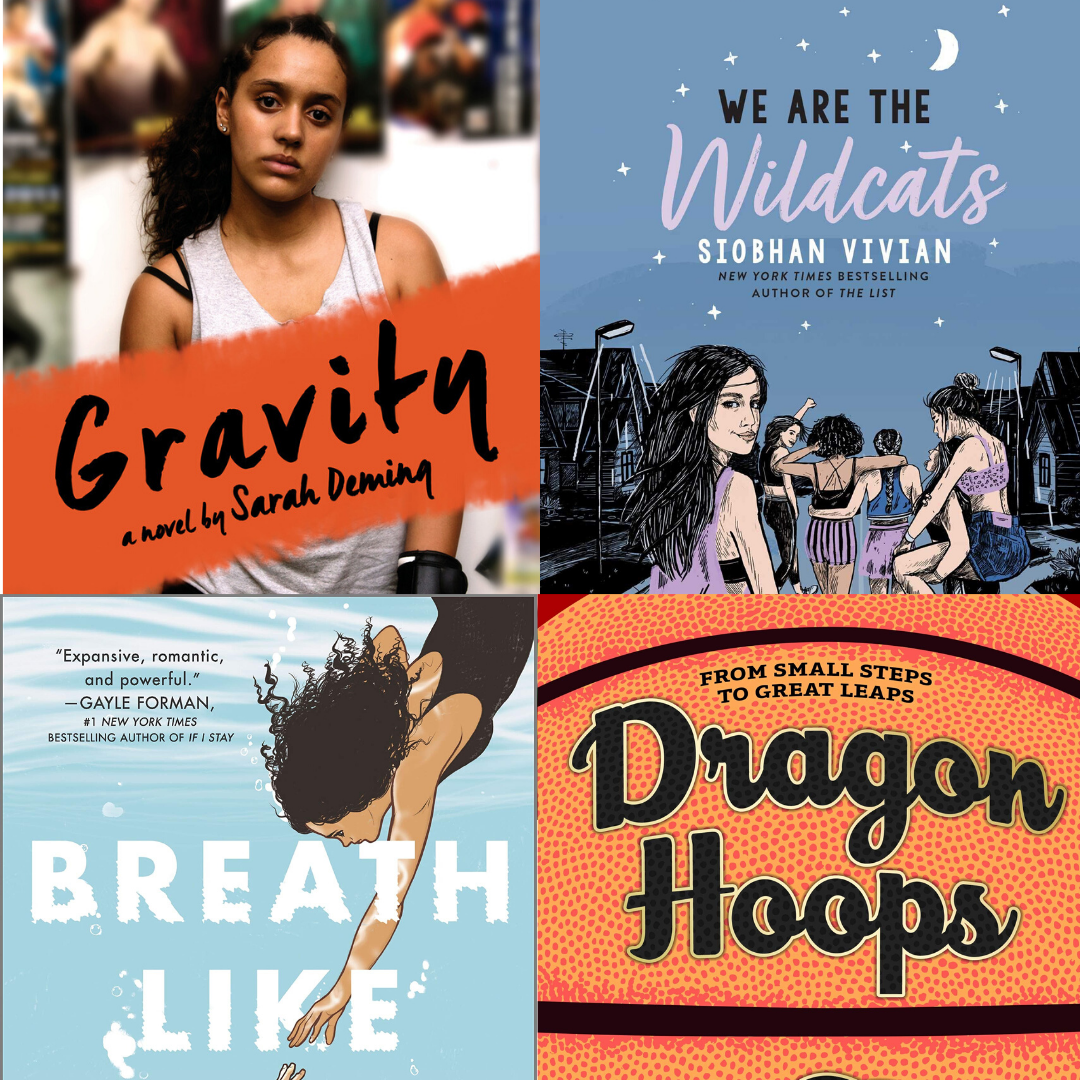
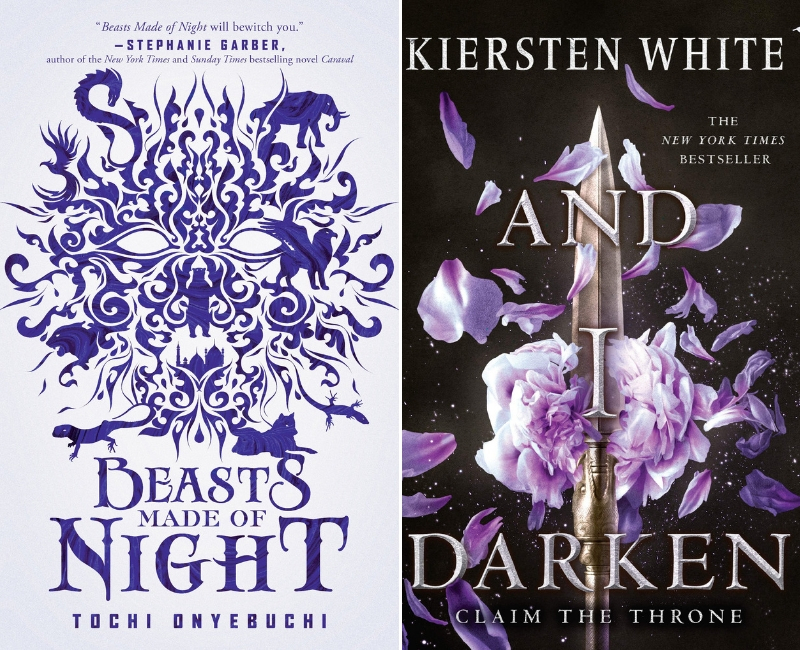
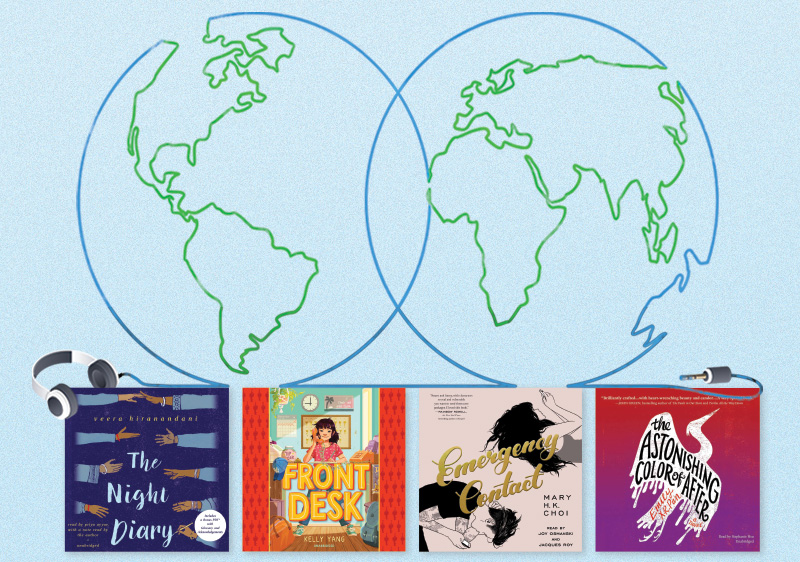

Both the TLT post and yours are so important and thought-provoking. I don’t have anything close to your intellectual chops on this subject but I wanted to add one thought. Perhaps we see “rape fantasies” because “good” girls are not supposed to want sexual fulfillment. But of course, they do and thus a “legitimized” version of sex is if it is “done to them.” I don’t like what this means about our culture/society, but I think that this is probably true some of the time.
Amber, this is definitely an interesting thing for us to consider. And you’re right, part of our cultural narrative and why we see so much slut shaming is because good girls aren’t supposed to want sex, especially outside of marriage. I am so glad that we are all having this continuing and very important discussion. So many important voices to be heard, thank you for sharing your thoughts.